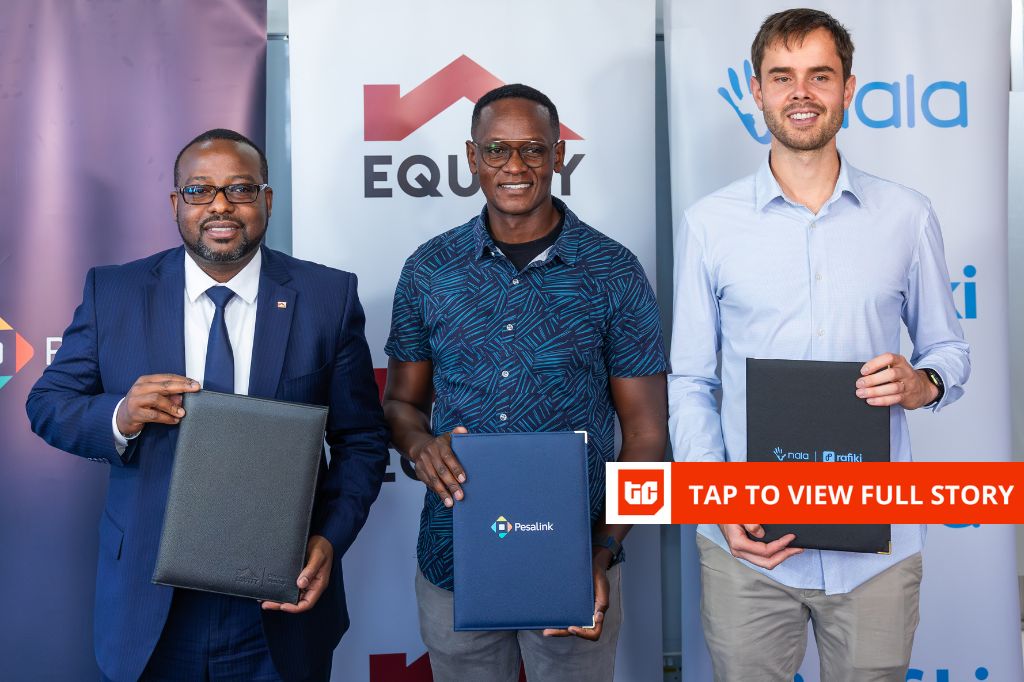Ayodeji Alaran, founder and CEO of PBR Life Sciences, is tackling Africa’s healthcare data problem. After 16 years at Pfizer, GSK, AstraZeneca, IQVIA, and Cegedim, he launched PBR in 2022 to help pharmaceutical companies cut waste and improve drug supply using anonymised pharmacy data.
Backed by Techstars, the startup has raised $1 million in pre-seed funding and operates in Nigeria, Ghana, Kenya, and the UK (HQ). With a global team, PBR helps life sciences firms forecast demand and plan smarter. Alaran holds a pharmacy degree from UNILAG, an MBA from London Business School, and executive training in marketing and pharmaceuticals.
Imagine a giant pile of LEGOs. Drug companies need those pieces to build medicines, but everything is scattered. My team and I use AI, a kind of robot brain, to sort the pieces, spot hidden patterns, and reveal which ones matter most. We then share those insights with scientists so they can build the right medicines faster. I don’t make the drugs myself; I lead the team that finds the secret instructions hidden in the data.
A pharmaceutical company in Lagos told us it destroyed $700,000 worth of expired medicines and still had to pay regulators for approval to do so. This is one company out of thousands in Africa that experiences the same challenge: poor data on disease and treatment patterns. Without it, pharma firms misjudge demand and the continent loses over $10.2 billion annually to waste and missed opportunities.
In my roles across Africa, the Middle East, Europe, and Asia, it was painful to see data driving innovation for patients in Europe while emerging markets were left out. It often felt like patients’ lives were valued differently, all because of poor data. I could not accept that and chose to act, so future generations would not ask why we stood by while the rest of the world advanced.
A pharmaceutical company once struggled with inflation, forex pressures, and pricing. Import too much and drugs expired, import too little and patients went without. Using our data, we analysed price elasticity for 30 products, tracking how patients responded to price changes, how doctors prescribed, and how pharmacies profited. This helped the company set optimal prices and quantities, contributing to revenue increase and product uptake by patients. The experience reinforced how big data, when mined for insights, can transform healthcare and create value for everyone.
The toughest part is cleaning unstructured healthcare data at scale. There are no standardised healthcare database dictionaries or AI models in Africa to guide data transformation. When we started, the 10,000+ drug brands and 480,000+ drug molecules in Nigeria were not classified according to WHO standards, which are the minimum for research and analysis.
Cleaning these unstructured datasets took 8-10 months on average, even as new data appeared every three months. The manual cycle was unsustainable. We built our own AI models and infrastructure, trained on initial datasets, and now we can clean new databases in 30 minutes, meeting global standards for research-quality data.
I have learnt how to quiet the noise and focus on the most important thing at every time. My core job is leading and empowering our people to ensure they are doing the best job of their lives and finding it fulfilling.
My faith as a Christian, spending time with my family, and playing the piano.
Ayodeji Alaran is a confirmed speaker at ’s Moonshot, happening on October 15–16, 2025. Connect with Alaran at Moonshot. Get your tickets.










